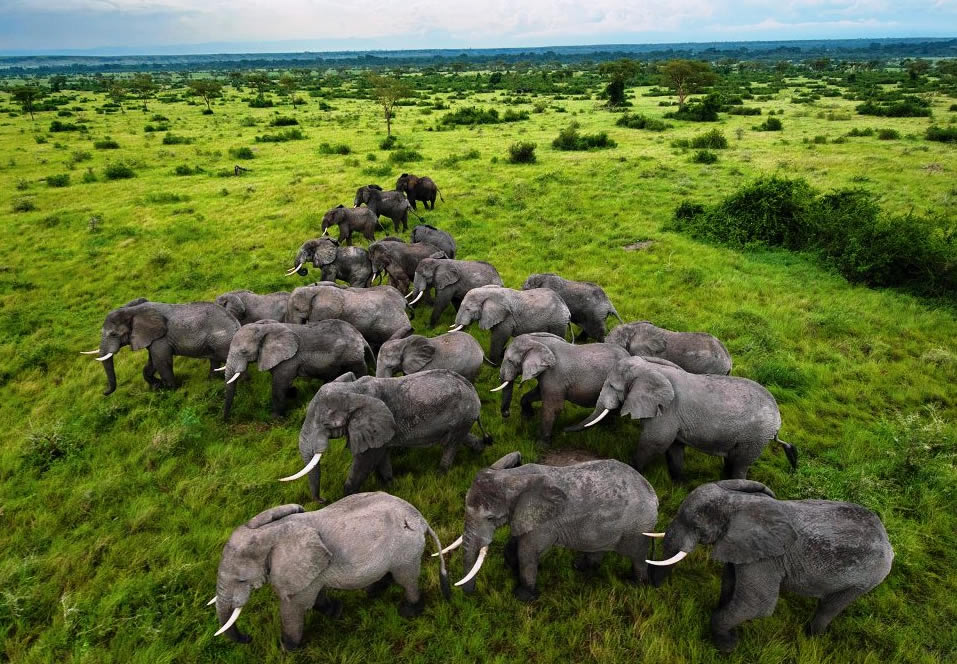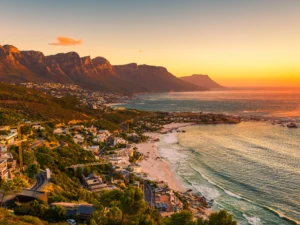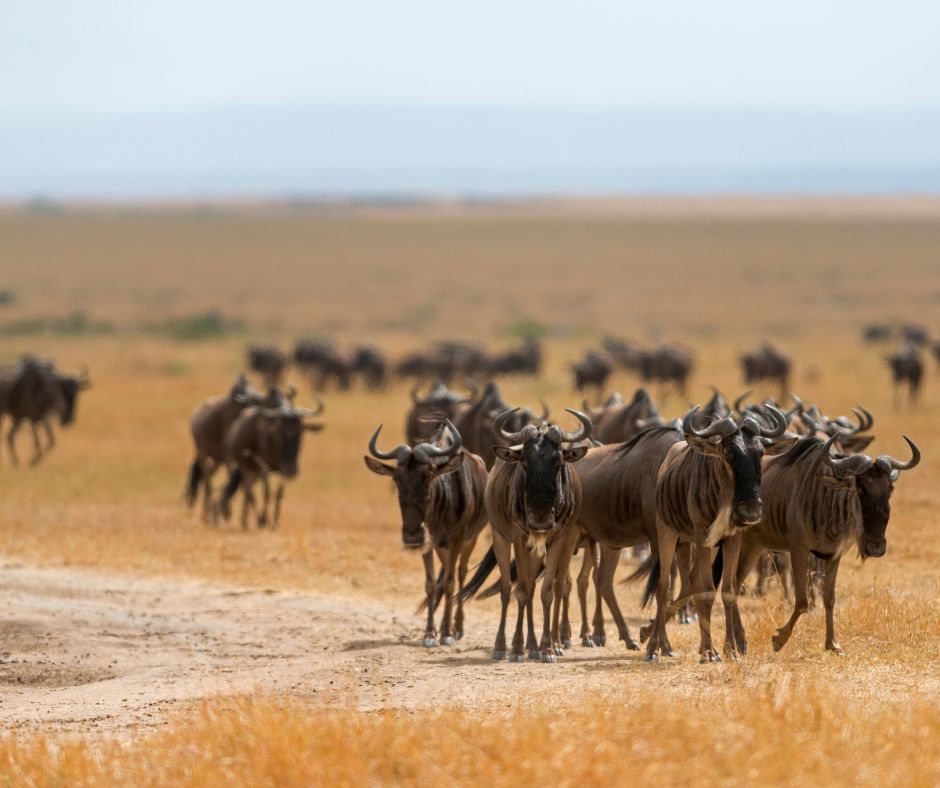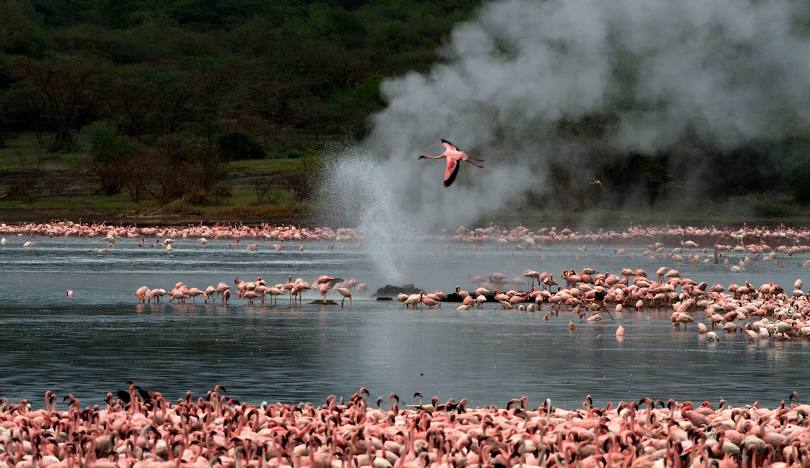How much does African Safari cost in 2025?

When planning your safari, it’s important to recognize that safari costs in 2025 have experienced a notable shift compared to previous years. Key contributing factors include rising demand coupled with inflationary pressures. Whether you’re thinking of a luxury retreat or a more economical journey into the wild, understanding these cost dynamics is essential to making the most of your adventure.
In 2025, the essence of a personalized safari remains a valuable offering, as consultants and travel agencies can craft tailored experiences to match your budget and preferences. From immersive group tours aboard mid-range trucks to intimate private safaris, your options are plentiful. However, this level of customization can come with cost implications, especially if opting for exclusive services.
Budgeting Basics for Your Safari Adventure
Understanding safari costs in 2025 involves knowing how to allocate your budget effectively. Start by dividing your budget into key categories, such as travel, accommodation, park fees, and activities. These are the fundamental components that will shape your overall costs.
Travel and Accommodation: Your choice of flights and lodgings will significantly impact your expenses. Consider all-in-one packages that might offer savings or opt for a mix of luxury and budget accommodations to balance your spending.
Park Fees and Activities: National parks typically charge entrance fees, which can vary widely across different regions and reserves. Additionally, factor in the cost of guided tours, safaris, and special excursions, as these can enhance your experience but also increase your expenses.
Remember, your safari budget should also include allowances for unforeseen expenses. A contingency fund is smart insurance against unexpected costs, ensuring your adventure remains stress-free. By planning meticulously and anticipating potential costs, you can enjoy a remarkable safari experience without financial surprises.
Various elements come into play when determining the cost of a safari. One primary factor is the location. Different countries offer different landscapes, wildlife, and experiences, with some being more exclusive or harder to reach, which can drive up the cost. For instance, safaris in Tanzania and Botswana are renowned for their luxurious experiences but are often priced higher compared to those in Kenya or South Africa.
Time of year is another critical determinant. The dry season, often considered the best time for wildlife viewing due to easier animal spotting around water sources, usually coincides with peak tourist season, resulting in higher prices. In contrast, traveling during the shoulder or off-peak seasons can lead to considerable savings, though it may come with trade-offs on the overall experience.
The level of comfort and style you choose for your safari also impacts the price. Options range from adventurous budget camping trips to opulent luxury lodges with all the amenities you can imagine. Every choice reflects differently in your total expenses, offering an array of experiences tailored to various preferences and budgets.
Finally, group size and type of safari can significantly affect costs. Solo travelers might encounter higher per-person expenses due to the lack of shared costs. Meanwhile, self-drive safaris present a cheaper alternative to guided tours, but they require more planning and self-sufficiency. The choice between a self-guided exploration or an organized group tour is a trade-off between cost and convenience, influencing the type of journey you’ll embark on.
Luxury vs. Budget: What to Expect
Beyond the visible price tag, a safari’s true value can be vastly different, depending on how you plan your adventure. Understanding the hidden costs upfront can make a world of difference in your overall budget. Some of the subtler expenses could sneak into your financial plan, potentially affecting the cost-effectiveness of your trip.
Visa Fees and Travel Insurance: Depending on your nationality and the destination country, visa fees can vary significantly. Make sure to check the visa requirements ahead of time. Additionally, travel insurance is often overlooked but essential, especially when venturing into the wilds of Africa. The cost of a comprehensive travel insurance plan is an important addition to your total budget.
Gratuities and Tipping: Tipping guides, drivers, and lodge staff is customary and can add up over the course of your safari. Recognizing excellent service is a good practice, but it’s wise to allocate a portion of your budget for these gratuities to avoid unexpected expenditures.
Park Entry Fees: Many national parks and reserves charge entrance fees that could vary daily or by the duration of your stay. Though usually included in the package, it’s important to verify this detail when booking your safari to prevent unexpected charges.
Meals and Drinks: In some cases, especially with budget travels, meals might not include drinks or certain premium menu options. Knowing what’s included before you arrive can help in planning additional meals or snacks and drinks you may wish to indulge in during your adventure.
Being aware of these hidden costs allows you to maximize your safari savings and allocate your funds effectively. By managing these elements, you avoid surprises and focus on enjoying an exciting and memorable safari experience in 2025!
Quick booking process
+254 733 869798
- Quality4.67
- Location4.67
- Amenities4
- Services5
- Price4
6-Day Lifetime Adventure Amboseli, Lake Nakuru & Masai Mara-Budget safari.
- Quality4.67
- Location4.67
- Amenities4
- Services5
- Price4
4 Day Unforgettable days in the wild-Group Joining safari
- Quality4.67
- Location4.67
- Amenities4
- Services5
- Price4
4-Day Budget Safari: Explore Lake Nakuru & Maasai Mara
- Quality4.67
- Location4.67
- Amenities4
- Services5
- Price4
6-Day Masai Mara, Lake Nakuru & Amboseli Safari Expedition.
- Quality4.67
- Location4.67
- Amenities4
- Services5
- Price4
8-Day Scenic Safari Circuit: Amboseli, Naivasha, Bogoria, Nakuru & Maasai Mara
- Quality4.67
- Location4.67
- Amenities4
- Services5
- Price4










